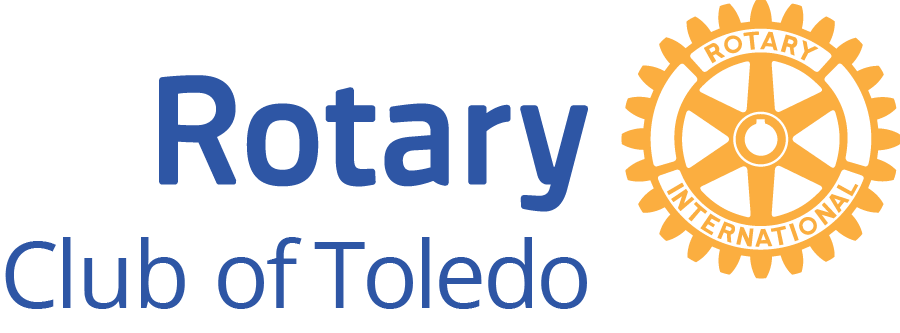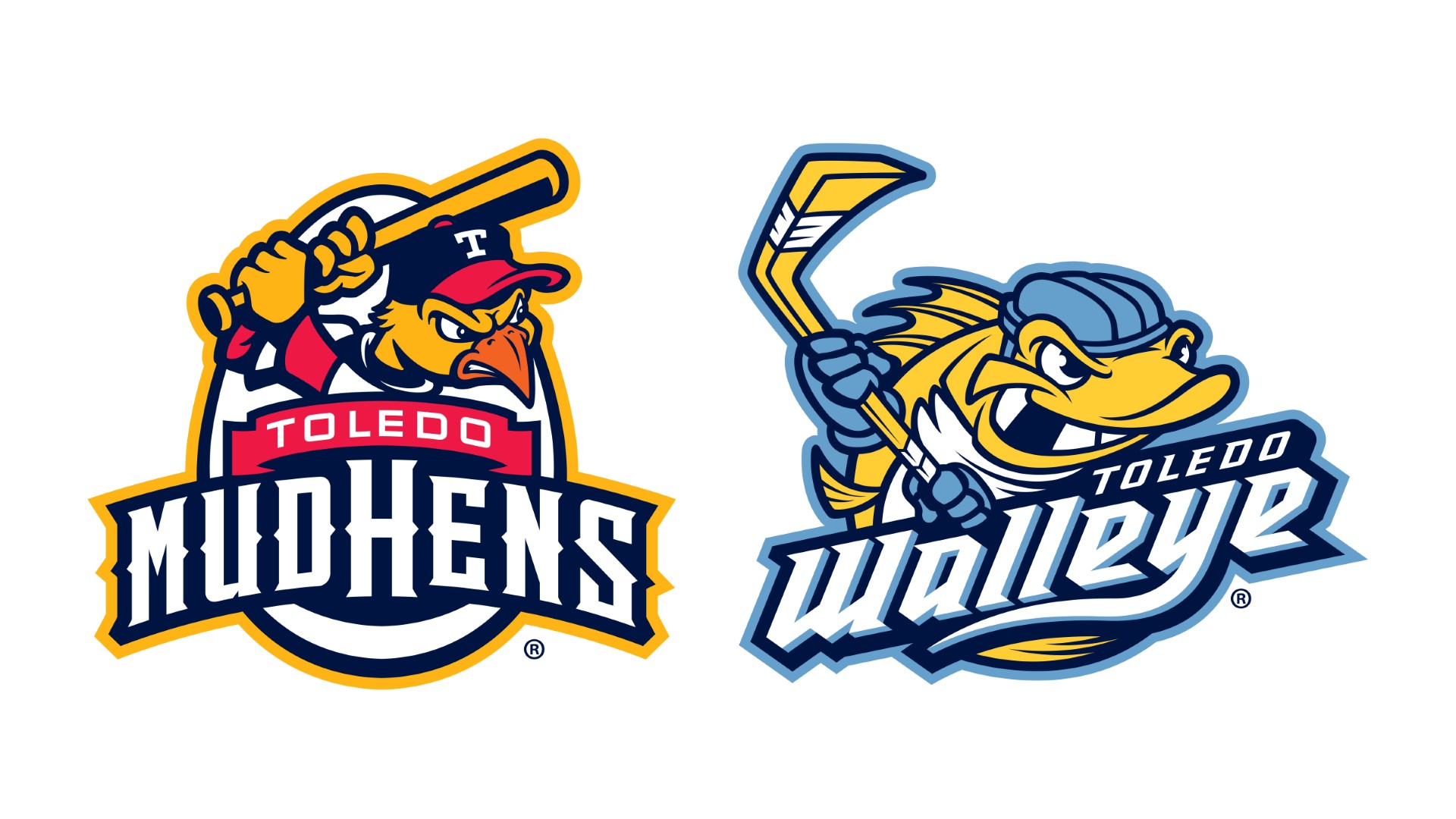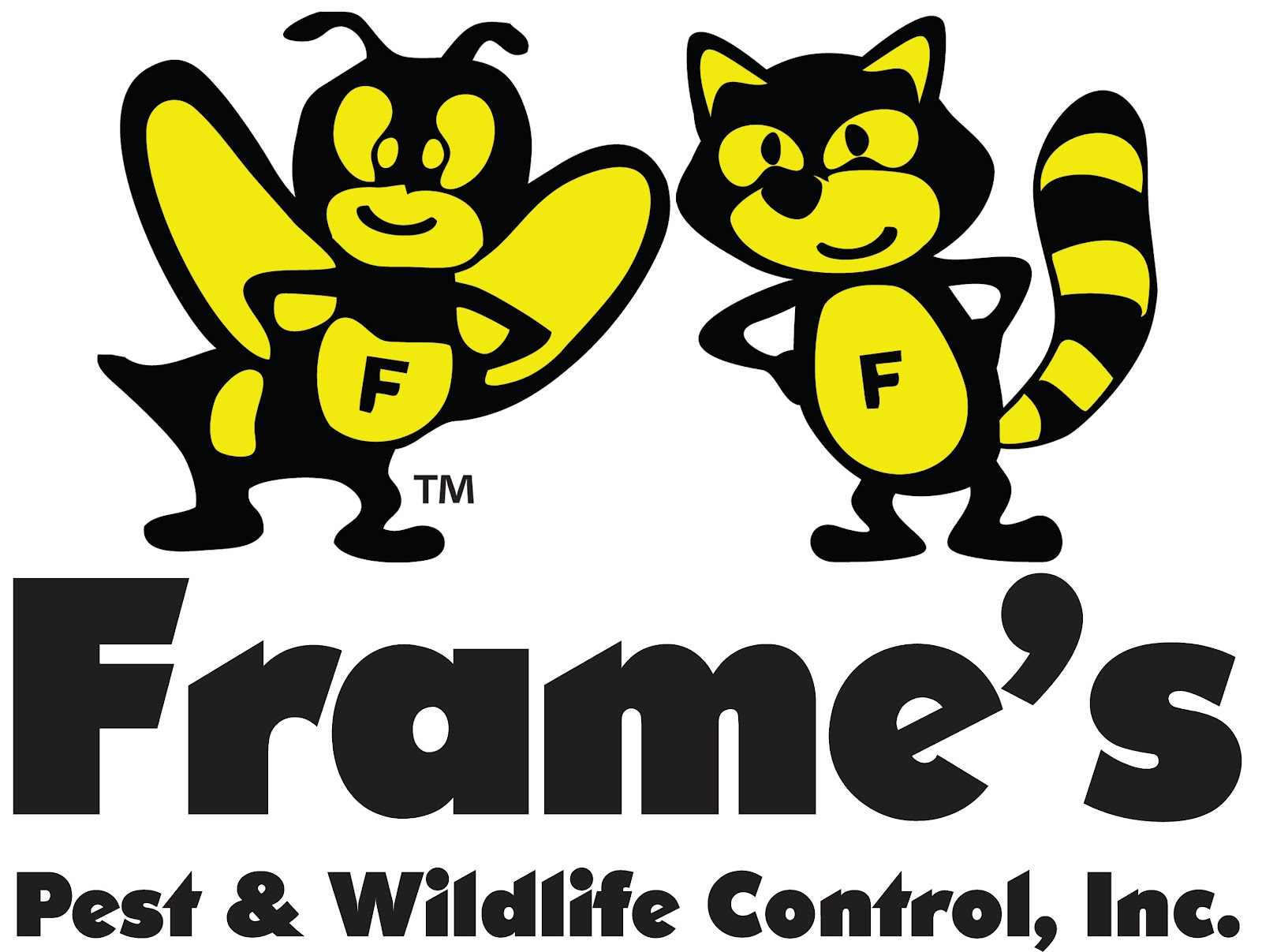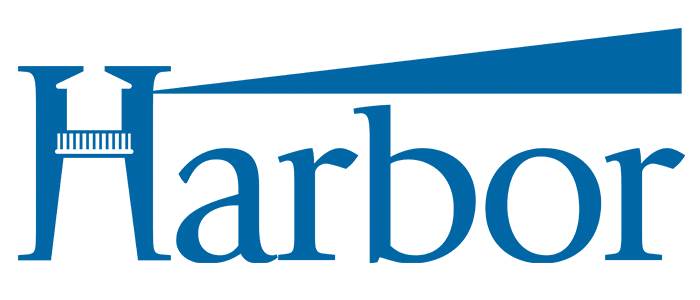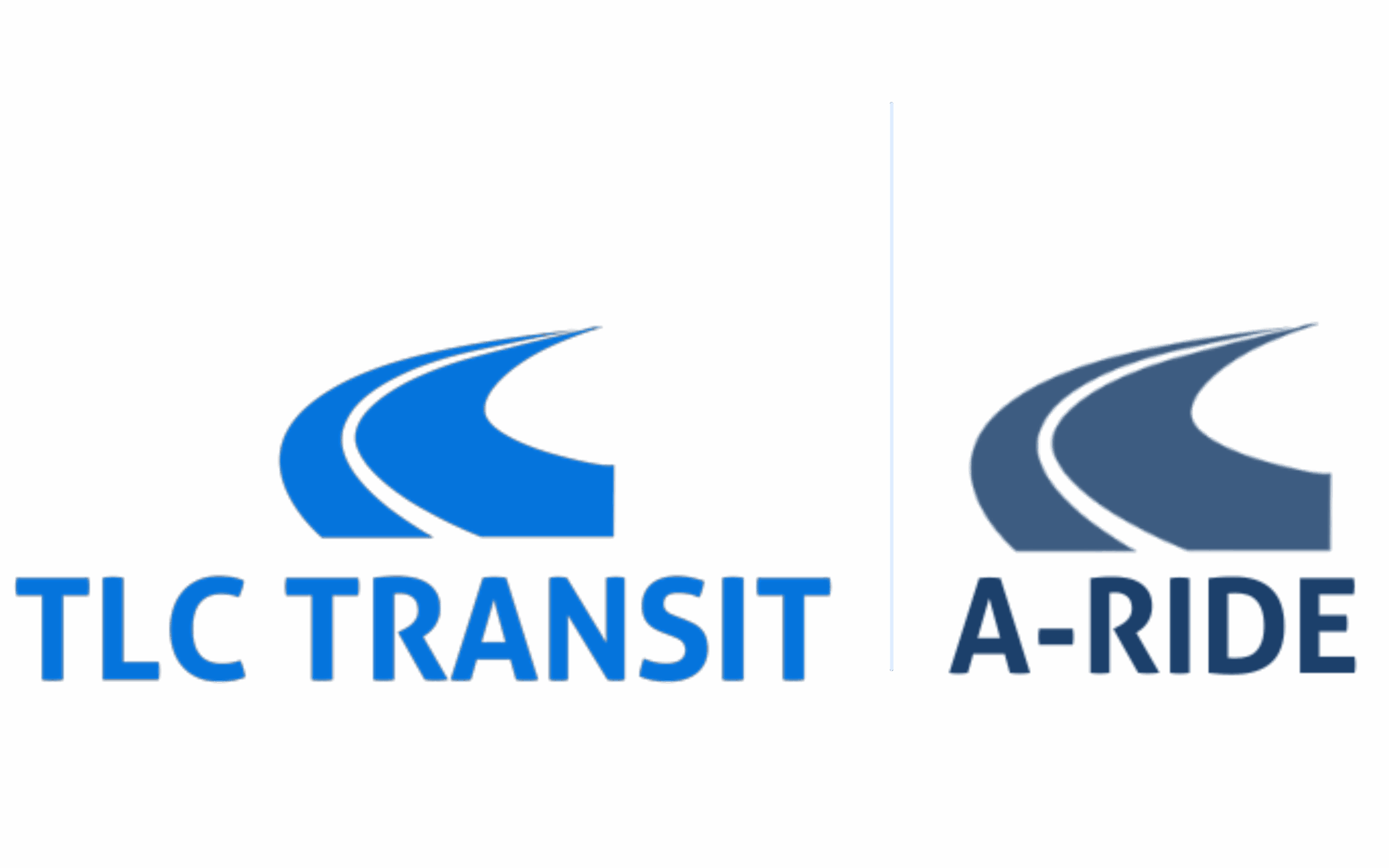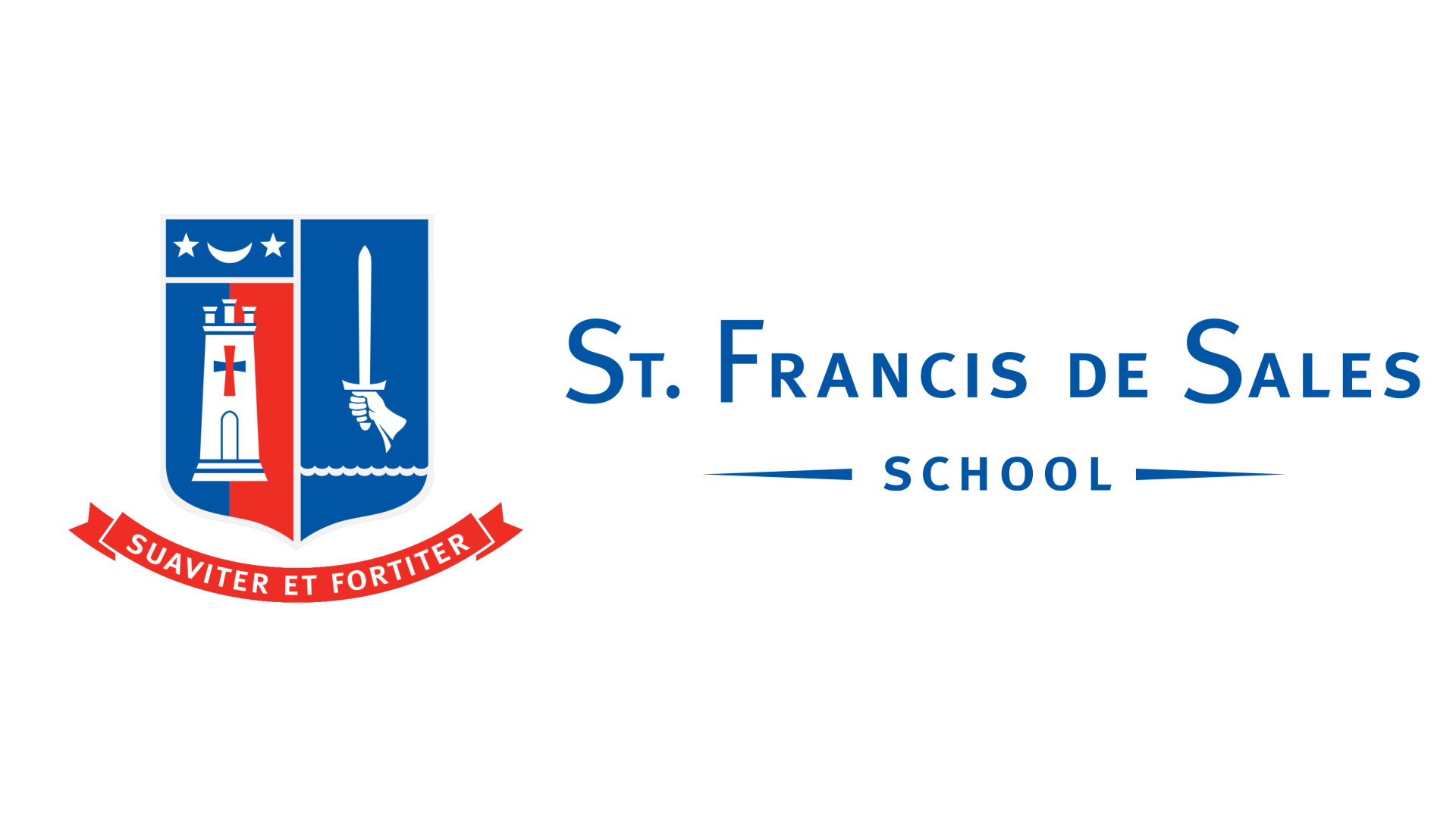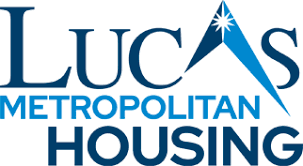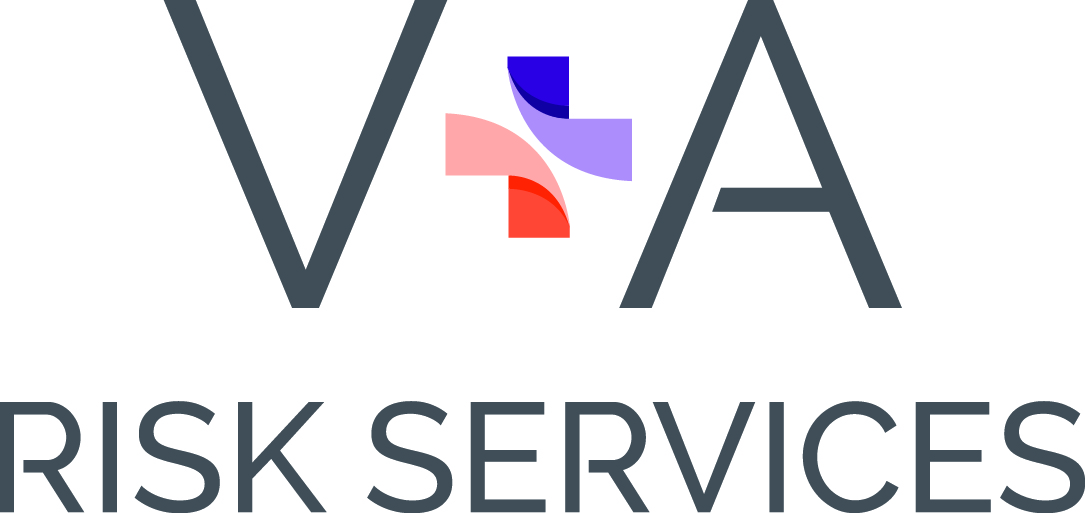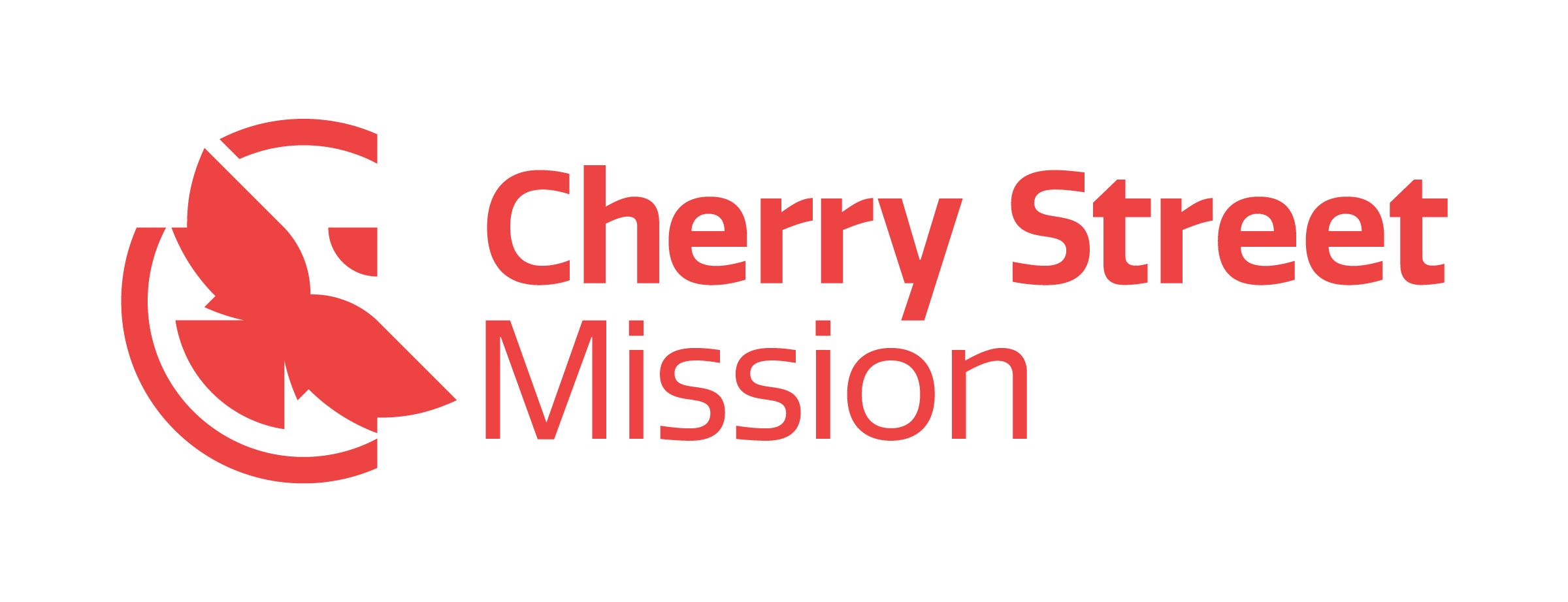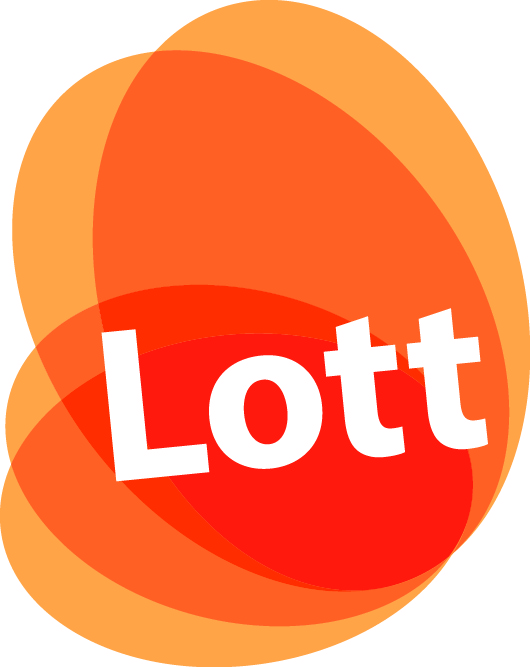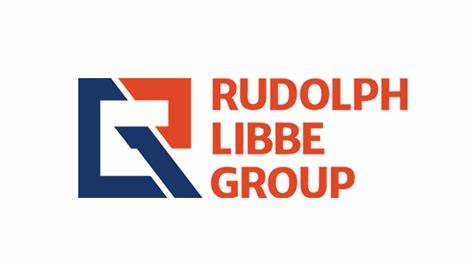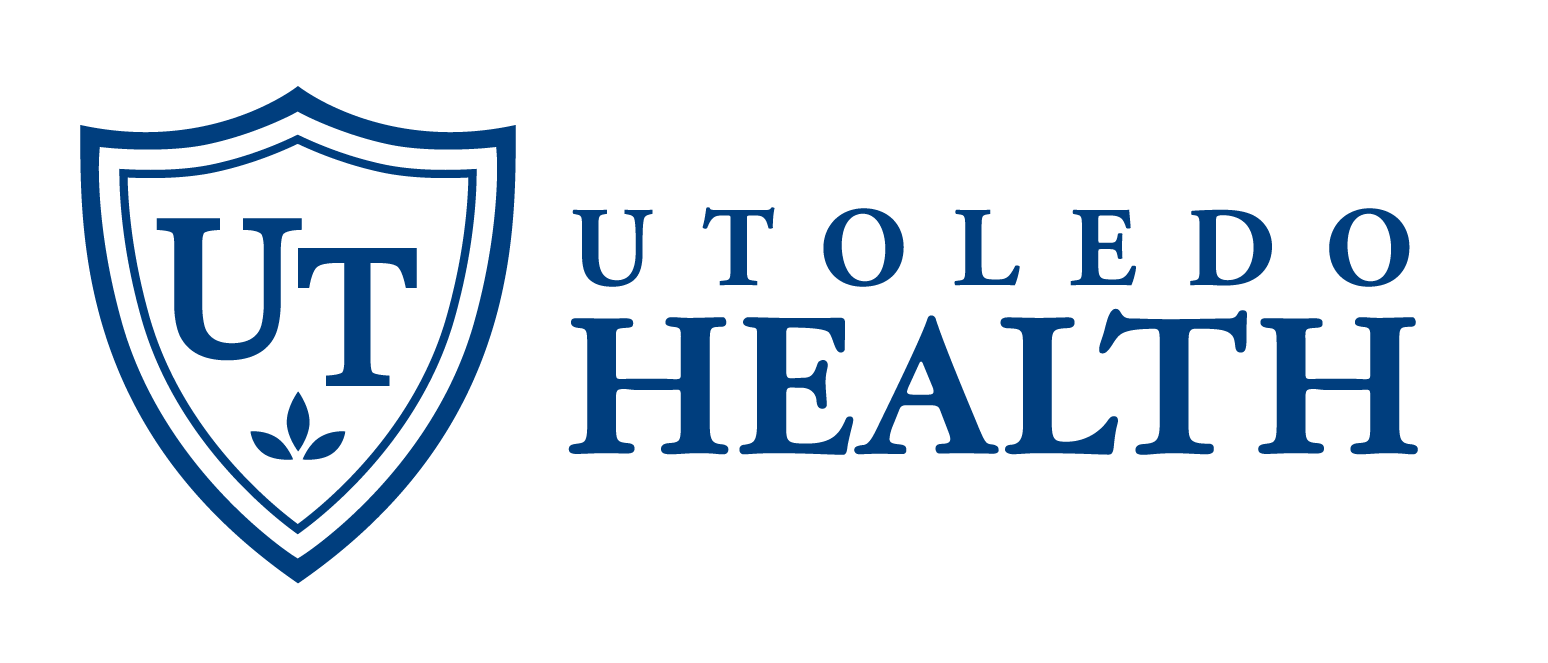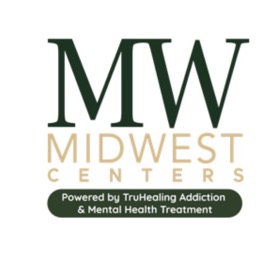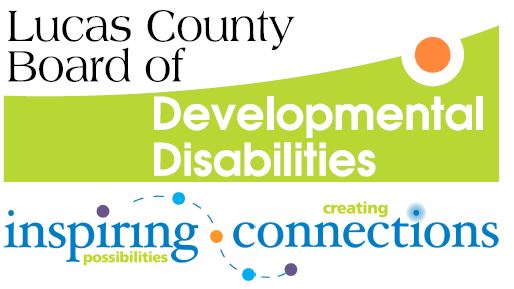The Rotary Club of Toledo, established in May 1912, created a charitable fund by 1915 when it began funding medical and educational services directed to crippled children in the Toledo area. The charitable activities of the members of the Rotary Club of Toledo have a 100-year history!
The Toledo Rotary Club Foundation funds two types of grants: Traditional and Transformational.
Since our 2012 Centennial, the Toledo Rotary Club Foundation has funded nearly $2,000,000 in grants. Last year alone the Foundation funded 33 grants totaling $263,543!
Ongoing funding for the Toledo Rotary Club Foundation comes from Rotarians and community members. These dollars go directly to the charitable gifts the Foundation awards throughout the year. Approximately $250,000 is awarded annually through grants.
To donate to the Toledo Rotary Club Foundation, click here.
Traditional Grants
Traditional grants are the most common grants funded, and typically each year the Toledo Rotary Club Foundation funds approximately $250,000 in grants. The Toledo Rotary Club Foundation funds grants exclusively to nonprofit, 501(c)3 tax-exempt organizations.
Transformational Project Grants
In addition to our traditional grants to support projects seeking to improve the quality of life in our community, the Toledo Rotary from time to time supports ‘Transformational Projects’ which are typically much higher dollar amounts and are intended to create significant changes in our community. Multi-year fundraising efforts are usually necessary to support truly transformational projects.
Transformational Projects must meet the following criteria:
- Affect a broad sector of the community (local, regional or global)
- Have the overwhelming support of the Rotary Club of Toledo
- Have a goal of making a significant, sustainable, long-term positive impact
One of our most recent projects was a $350,000 grant to create the Rotary Roundhouse at the Middlegrounds Metropark in downtown Toledo. Other past projects include support for Universal Pre-K education, Water Quality Improvement and Lead Paint Abatement.
Our current priority is to identify a project that will support Universal Pre-K and/or early childhood development in our community.



